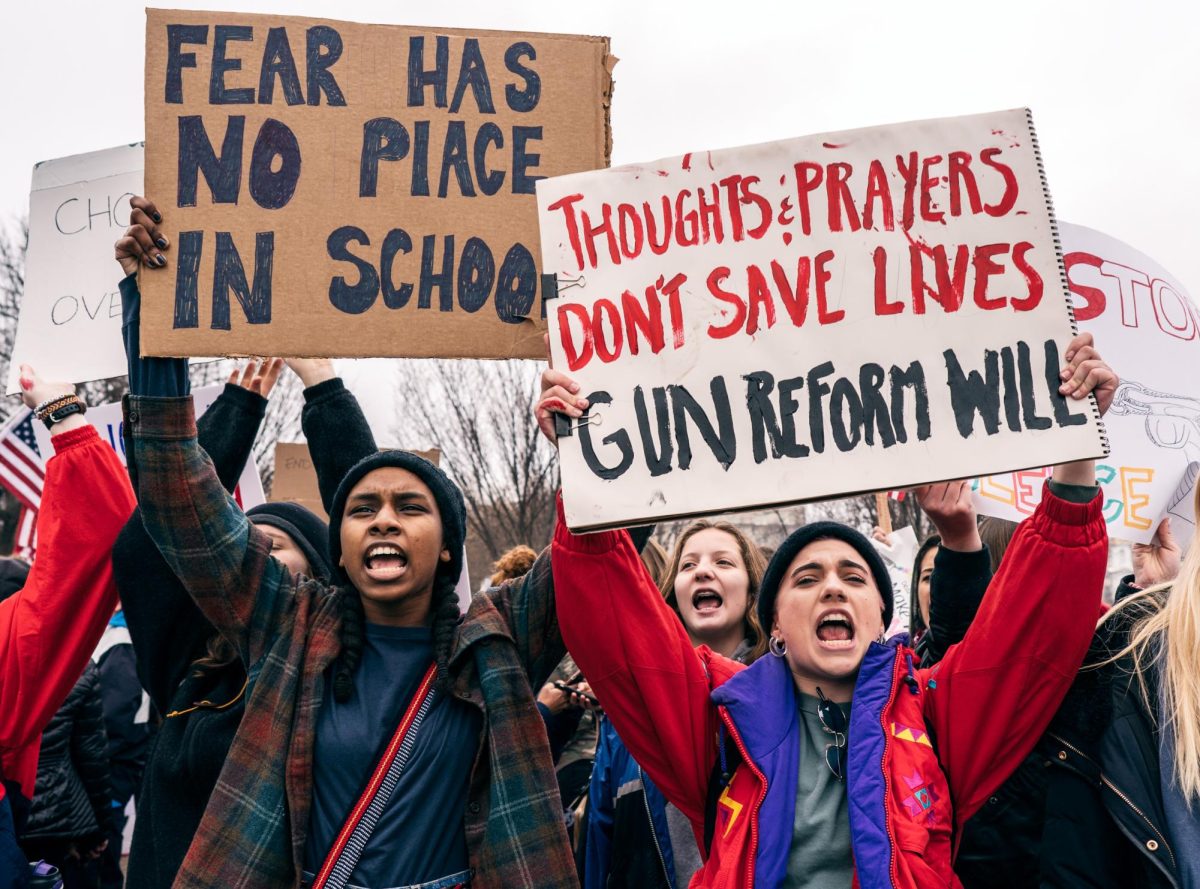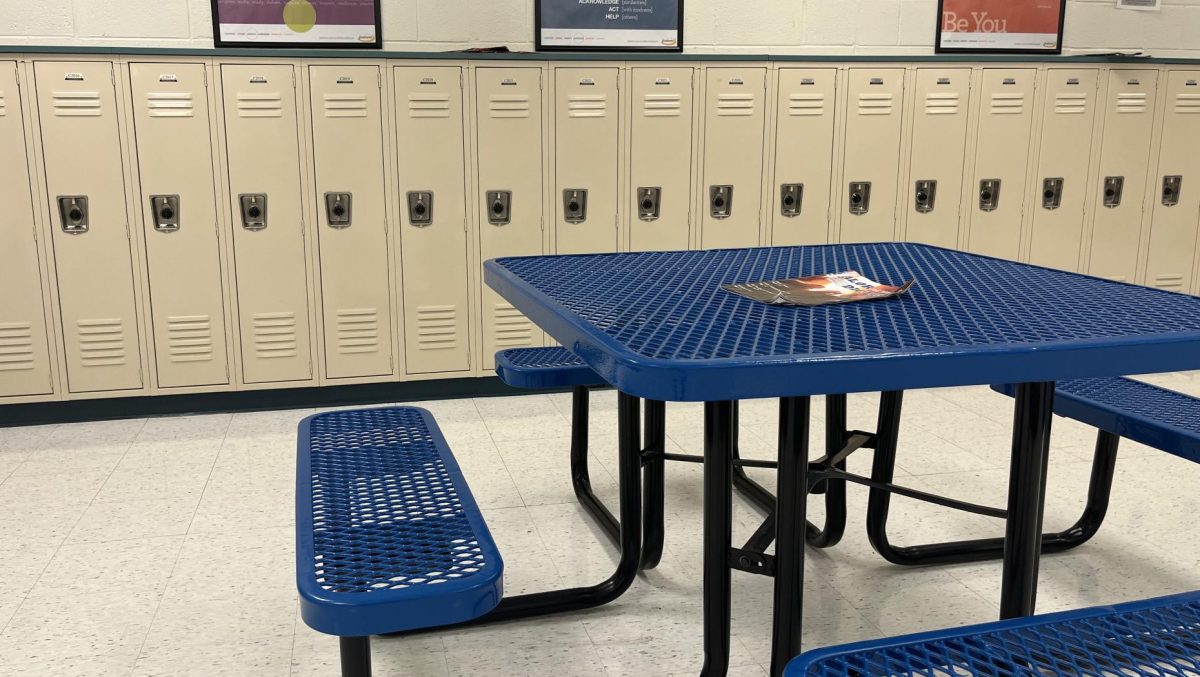The Chinese Civil War ended in 1949; however, China and Taiwan believe they are still at war because there was never a formal treaty ending the war. Both sides see the unresolved conflict as a stalemate. Today, China is potentially preparing to conquer Taiwan to end the nearly eighty-year-old conflict. The United States is an ally of Taiwan, obligated to defend the island nation. China’s potential invasion has caused a new cold war in the Pacific, one that many believe could turn hot very soon. The U.S. government predicts a possible war with China could break out over Taiwan as soon as 2027.
U.S. intelligence suggests Chinese President Xi Jinping instructed the Chinese military to be ready to invade Taiwan by 2027. Former CIA Director Bill Burns claims, “President Xi has instructed the PLA, the Chinese military leadership, to be ready by 2027 to invade Taiwan. But that doesn’t mean that he’s decided to invade in 2027.” Washington’s 2027 prediction could be a misunderstanding of a military modernization target really focused on bigger goals in 2049 to improve military integration, technology, and doctrine. Nevertheless, the fear of a Chinese invasion has the United States preparing for a potential war with China.
Since 2021, the United States has been preparing for a war with China. Last year, the United States began reviving old WWII airfields in the Pacific to counter China’s growing military power and reach. The Air Force is developing a new doctrine, to operate in smaller and dispersed locations across in the Pacific instead of the giant bases it traditionally uses. Each hub will increase the service’s survivability while generating combat power. To counter America’s new footprint in the Pacific, China is increasing its missile arsenal.
The Chinese rocket force has been the primary focus of Beijing’s military modernization. It is fielding new medium and intermediate-range ballistic missiles to deter the United States. Timothy Walton, with Hudson Institute, calculated, “China could rain about 2,000 bombs or missiles a day on targets within 500nm.” Those targets include the Philippines, Taiwan, and Japan. The farthest China could reach is Hawaii, home to the United States Indo-Pacific Command. This makes China’s modernization a threat to the American homeland. Millions of American citizens would be affected by this war if it starts. Robinson Secondary School would be one of many casualties of this war.
There are 45,000 active and reserve service members stationed in Fairfax County. Five hundred twenty-five Robinson students are military dependents. These students would feel the sting of war if it broke out in the Pacific. Students will experience temporary or permanent loss if a parent or sibling is called to fight against China. While many students could see their families being called to the Pacific, some former students might also be called to serve.
In 1973, America repealed the draft because many believed it was unfair. But, the selective service still requires males between the ages of 18-25 to register for the draft. A war with China would be a long and brutal conflict. American politicians could declare the war a national emergency and reactivate the draft. Former Robinson students could get propelled into the war through a new draft. China’s military is much larger than America and drafting men might not be enough. Women may also be required for selective service.
Women today are welcomed in the United States military, but they are not required to register for selective service. The Senate Armed Service Committee has proposed a new law that would require women between the ages of 18-25 to also register for selective service. Supporters of the bill claim that the exclusion of women is discriminatory and outdated. While the bill was meant to fix the U.S. military recruitment problem, a war with China may get the bill passed. Former female students of Robinson could be sent to the Pacific to fight alongside the men.
An American-Chinese war would still touch those students and families left behind, because there would be immediate economic consequences. The US currently imports $439 billion from China. This is $26.3 billion more than the next largest trading partner, Canada. A war would disrupt U.S.-China trade and prices would increase as regular household items become scarcer. It is unlikely that Mexico, Canada, or the European Union could fill the aid in US imports if a war with China happened.
There are still many unknowns to the new Pacific Cold War. War could happen in 2027, maybe in the next decade, or perhaps never. If a war did breakout, it would not just be overseas, it would hit close to home. Robinson is a small community with ties to the military and would be affected by an American-Chinese war.











